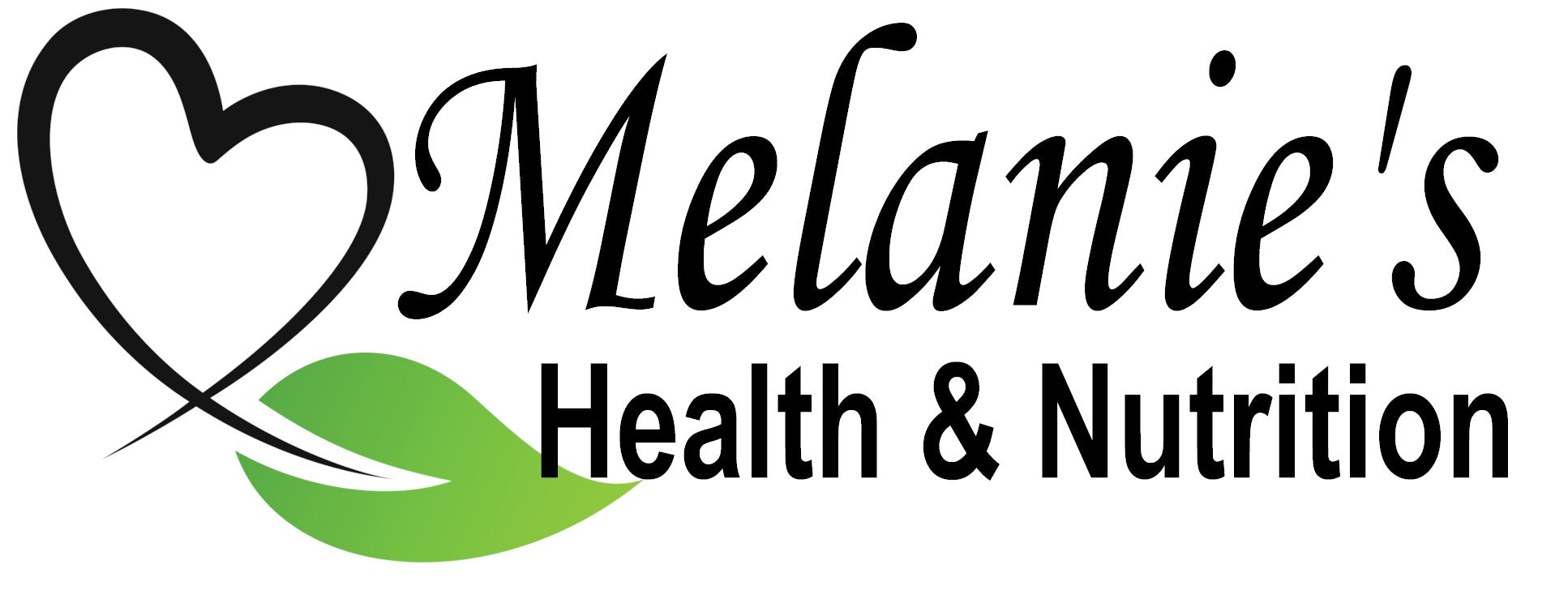
Natural Ways to Boost Your Skin's Resilience to the Sun
Summer is the perfect time to enjoy the outdoors, but it also means more sun exposure. Protecting your skin from sun damage is essential, yet there’s a way to naturally boost your skin’s resilience to the sun. Dr. John R. Christopher, a renowned herbalist, advocated for a gradual approach to sun exposure that helps the skin adapt. Today, we’ll explore his recommendations along with other natural strategies to fortify your skin against the sun.
Gradual Sun Exposure: Dr. Christopher’s Approach
Dr. John R. Christopher believed that careful, incremental sun exposure could help the skin adjust and build a natural tolerance. His method, detailed in his writings, suggests starting with minimal sun exposure and gradually increasing it over time. Here’s a simplified version of his regimen:
- Start Small: Begin with just two minutes of sun exposure on your front and back. Do this at a time when the sun isn’t at its peak—early morning or late afternoon.
- Increase Gradually: Each day, increase your exposure by a few minutes. This helps your skin adjust without burning.
- Be Consistent: Continue this process daily, allowing your skin to naturally build up resilience.
By slowly increasing the time you spend in the sun, your skin can adapt more effectively, reducing the likelihood of burns while still allowing you to enjoy the benefits of sunlight.
Omega-3 Fatty Acids: Nutritional Support for Your Skin
Omega-3 fatty acids, found in fatty fish like salmon, mackerel, and sardines, are known for their anti-inflammatory properties. These healthy fats can help your skin withstand the effects of sun exposure. Including omega-3-rich foods in your diet may reduce the risk of sunburn and support overall skin health.
If you’re not a fan of fish, you can also get omega-3s from plant-based sources like flaxseeds, chia seeds, and walnuts. Regular consumption of these foods can enhance your skin’s ability to cope with UV rays naturally.
Vitamin D: A Double-Edged Sword
Ironically, while sun exposure is the best natural source of Vitamin D, this nutrient also helps in protecting your skin from sun damage. Vitamin D plays a role in skin repair and metabolism. To boost your Vitamin D levels, enjoy moderate sun exposure and include foods like mushrooms, cheese, eggs, and fish in your diet.
Note: Balance is key. While some sun exposure is beneficial for Vitamin D synthesis, excessive exposure without protection can lead to skin damage.
Antioxidants: Your Skin’s Natural Defense
Antioxidants can help protect your skin from free radical damage caused by UV radiation. These nutrients neutralize harmful molecules that can accelerate aging and skin damage. To bolster your antioxidant intake:
- Eat Colorful Fruits and Vegetables: Berries, tomatoes, spinach, and carrots are rich in antioxidants like vitamin C and beta-carotene.
- Incorporate Nuts and Seeds: Almonds and sunflower seeds provide vitamin E, another powerful antioxidant that supports skin health.
Incorporating a variety of antioxidant-rich foods into your diet can enhance your skin’s natural defenses and improve its resilience to sun exposure.
General Sun Safety Practices
While boosting your skin’s natural resilience is beneficial, combining these strategies with practical sun safety measures is crucial:
- Wear Protective Clothing: Choose lightweight, long-sleeved shirts, and wide-brimmed hats to shield your skin from direct sunlight.
- Use Natural Sunscreens: Opt for sunscreens with natural ingredients that provide broad-spectrum protection without harmful chemicals.
- Seek Shade: Whenever possible, take breaks in the shade, especially during peak sun hours (10 a.m. to 4 p.m.).
One Simple List: Essential Foods to Boost Your Skin’s Resilience
Here’s a quick list of foods to incorporate into your diet to enhance your skin’s resilience to the sun:
- Fatty Fish (Salmon, Mackerel, Sardines): Rich in omega-3 fatty acids.
- Flaxseeds and Chia Seeds: Plant-based sources of omega-3s.
- Mushrooms: Provide Vitamin D.
- Eggs and Cheese: Good sources of Vitamin D.
- Berries (Blueberries, Strawberries): High in antioxidants.
- Tomatoes and Carrots: Rich in beta-carotene.
- Spinach and Kale: Packed with antioxidants like vitamin C and E.
Conclusion
Embracing natural methods to boost your skin’s resilience to the sun can make a significant difference in how your skin responds to sun exposure. By following Dr. Christopher’s gradual sun exposure regimen, incorporating omega-3 fatty acids, boosting your Vitamin D, and consuming antioxidants, you can enjoy the sun more safely. Pair these strategies with general sun safety practices, and you’ll be well on your way to a healthy, sun-kissed summer. Here’s to radiant and protected skin all season long!
